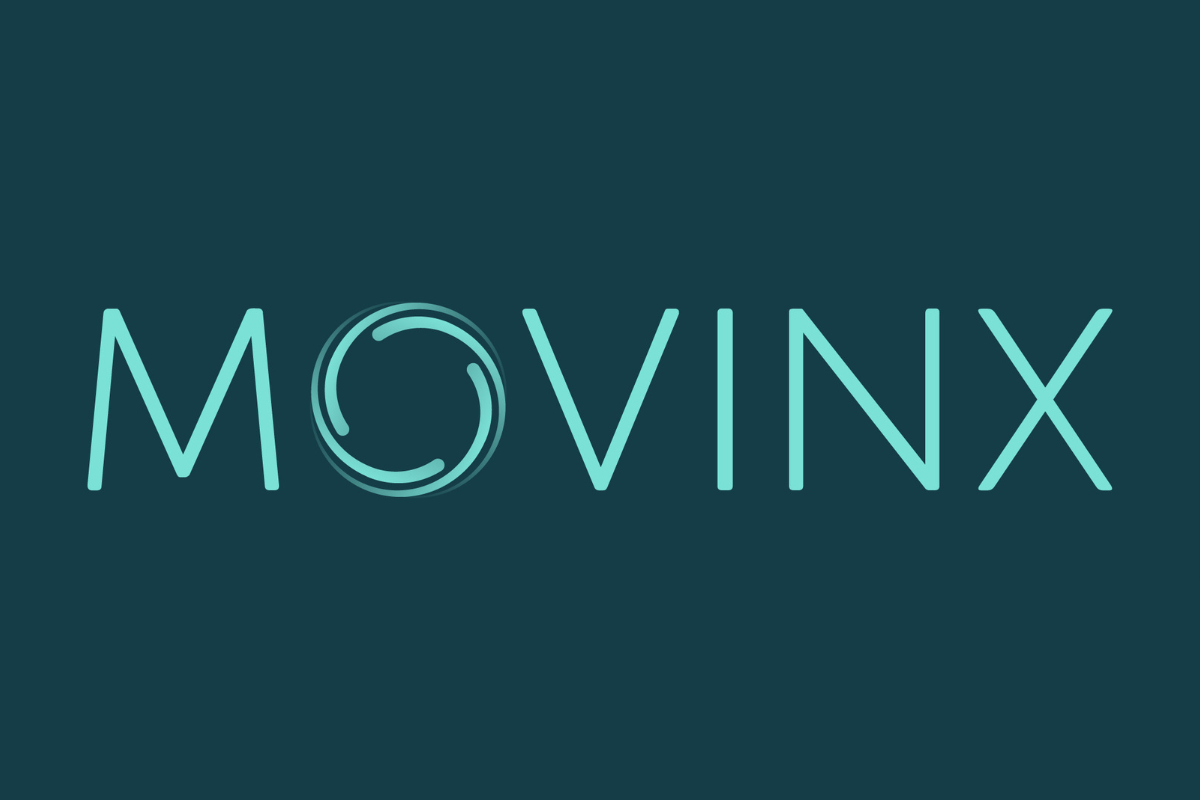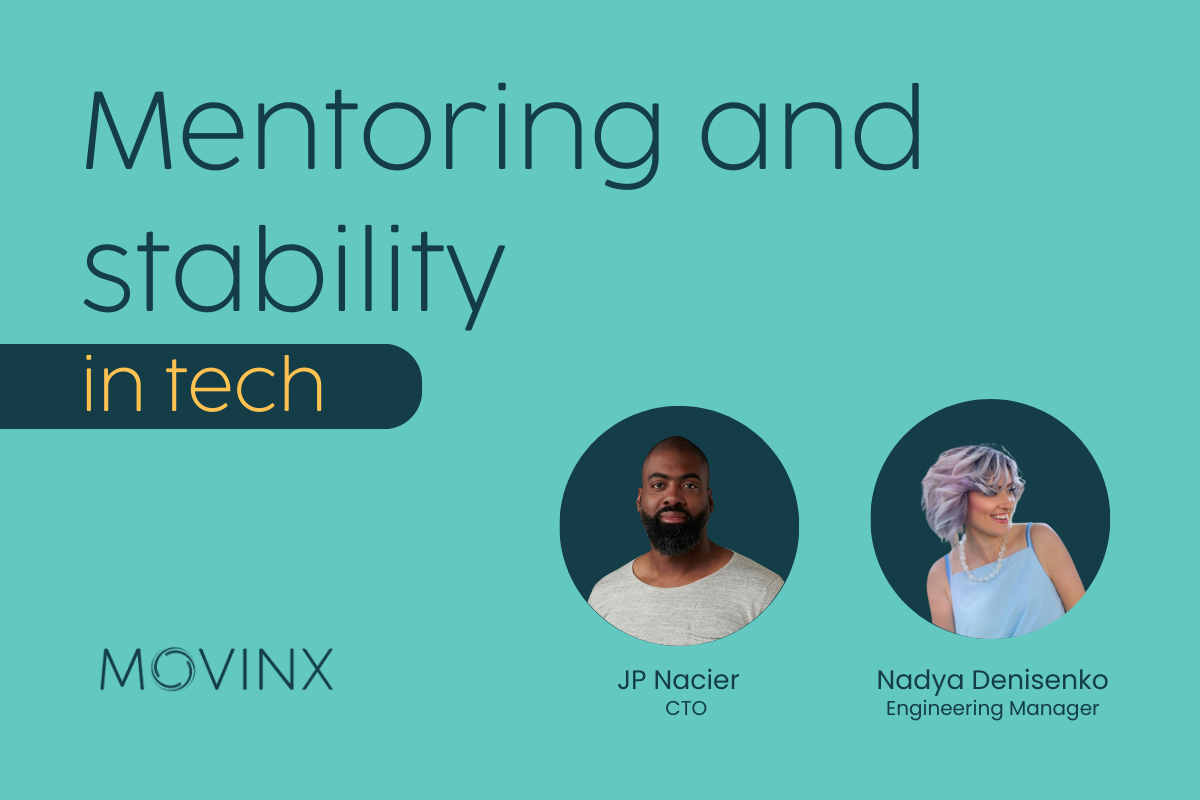Strategy is good, culture is better
Strategic planning is important for a company. When it comes to the question of how successful it is in achieving their goals, however, the right corporate culture plays the decisive role. In particular, to master the digital upheaval, insurers need new values: they have to consistently align with the customer. And sometimes take a risk.
Culture eats strategy for breakfast
Peter F. Drucker, the pioneer of modern management theory
There is an essential truth in the statement: strategic planning is important for a company, but how it ultimately achieves its goals depends on a very well assembled, diverse team and on a positive and effective corporate culture.
“Positive” so that employees feel comfortable and can work creatively productively. And “effective” to address the phase the company is in, be it foundation, rollout or market leadership.
What is corporate culture?
Roughly speaking, everything that happens every day in the company between managers, employees and customers, but above it is: how this happens.
How the workforce is composed, how managers communicate, how employees interact with each other, how they solve tasks, how they react to problems and crises, how they make offers to their customers and how they interact with them: the right corporate culture ensures satisfied and loyal employees and customers. Many studies already show it is also essential for long-term corporate success.
At the core of corporate culture are the values of a company.
Corporate values that fit well with dynamic environments and growing organizations include, for example:
- Leadership/ownership
- Curiosity
- An appreciative, respectful interation between employees, with simultaneous constructive feedback; let's call it: "respectful honesty"
- Diversity, in every respect: gender, age, geography, education, background
- Focus on the customer or "customer obsession"
- Entrepreneurship or "entrepreneurial mindset"
Customer-centric innovation
With regard to the last two points: customer obsession (a really consistent focus on the customer) and entrepreneurial mindset (an entrepreneurial thinking that sometimes accepts risks), aren’t they at the core of every company? They should be, but they aren’t always!
These values are often in short supply for many companies, particularly within the insurance industry. This is crucial, because these two values are the foundations of a corporate culture in which employees can make better decisions more efficiently, independently and flexibly, and in the interests of the wider company.
Customer-focus throughout digital transformation
It is also precisely this type of corporate culture that insurers need to successfully bring to the era of digitization.
Digitilization is not about transferring today’s world into an IT platform. Insurance companies need to rethink and radically simplify their products and processes from the customer’s point of view.
Again: from the customer’s point of view.
This only works when the participants really think and act entrepreneurially and above all, when culture enables them to act in this way.
Not every idea should come to a complete compromise, through multiple committees down to the lowest common denominator. There is something to be learnt about the entrepreneurial spirit seen in lean startups. For example, if the value “customer obsession” is the basis of decision-making, voting rounds could be expedited, and this is key in a world of digital transition.
Companies across the board are holding cultural workshops with expensive consultants to define values, which they then print large on scoreboards, mugs and T-shirts. But values need to be authentically lived on the day-to-day.
How can managers and employees breathe life into values and culture together?
They can:
- Define values together (and clearly describe what the value means in different situations),
- carefully explain these new values to each participant,
- hire new employees without any compromise on the values (it’s better to accept a competence deficit than personnel who do not fit into the corporate culture),
- give each employee, including managers, regular feedback on the values (at least twice a year),
- on the one hand give everyone the chance to improve their own behavior, but on the other hand also draw very clear consequences if someone in the team actively violates the values,
- and of course, set a good example in decision-making on the day-to-day.
New values and corporate cultures do not establish themselves overnight, only as part of a gradual, purposeful process. With the rapid pace change is happening in the insurance industry, and the need to adapt to those changes quickly, everyone better ought to get started today, not tomorrow.
Source: This article was first published in Versicherungsmonitor on June 16, 2021.
Want to read more?
Movinx is changing the way automotive and insurance sectors thing about car insurance. Click here to read more insights from our experts.
Related Posts
Why feedback is crucial in recruitment
The interview journey is part of a candidate's professional development. Seeking and giving feedback strengthens the system and keeps everyone growing together.
50% women in tech by end of 2023: Movinx
Today, international insurtech company, Movinx, announced its commitment to employ at least 50 percent of women in technology positions by the end of 2023.
Changes to power our future: Movinx
Movinx, the global insurance technology company focusing on embedded auto insurance, has announced a series of executive team changes today.
Mentoring and team stability in tech
Challenging employees to grow and develop new skills, and fostering a clear channel of communication: this is how tech managers are building stability and mentorship at Movinx.





